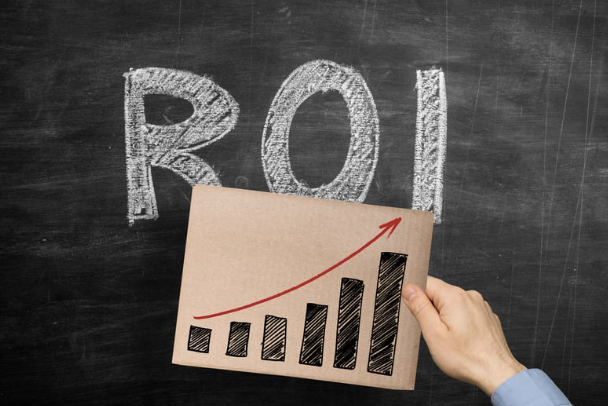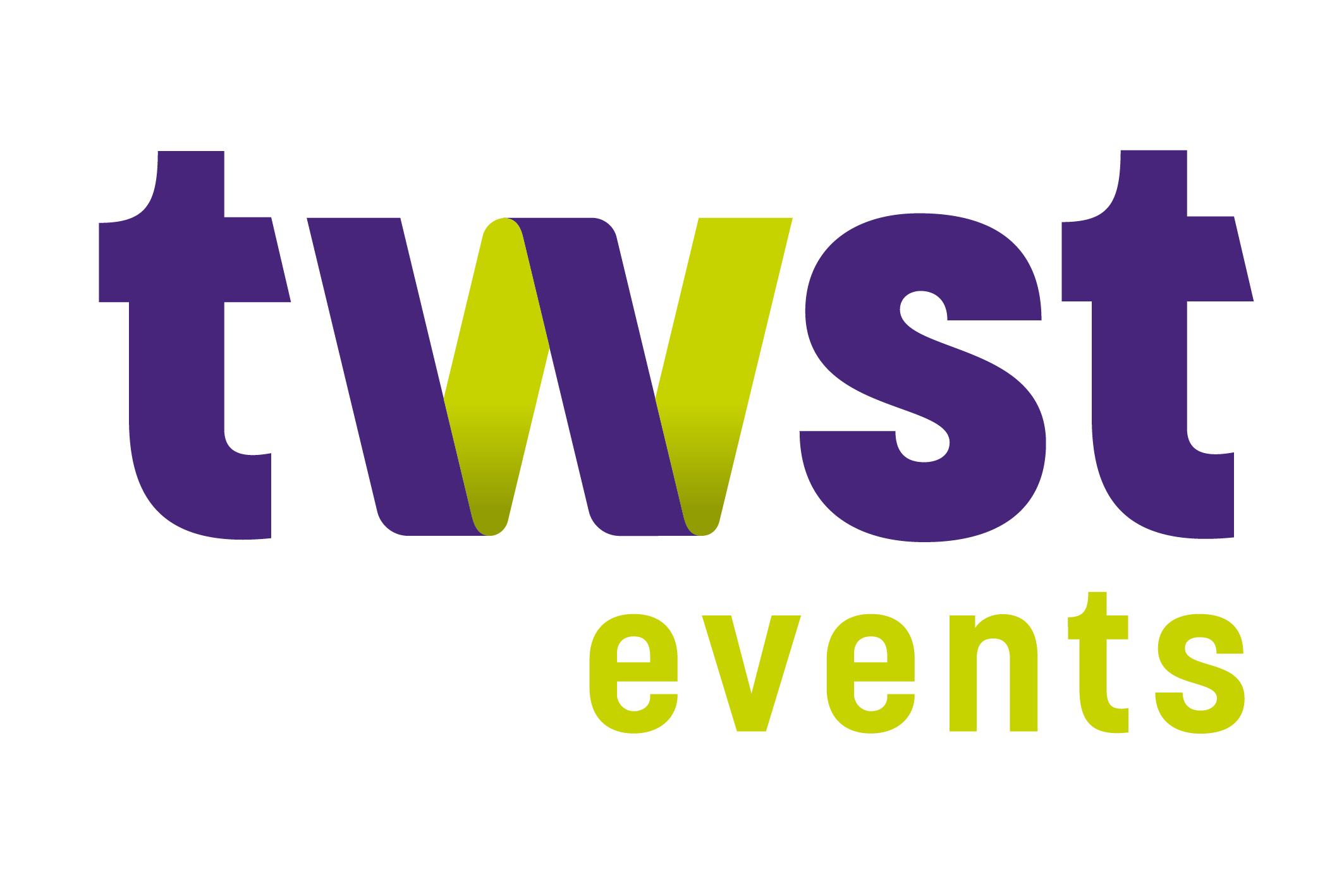Every professional knows that having strong connections is the foundation of good business relations. As such, many companies find it beneficial to host their own networking events to have a more strategic approach when building relationships. With a successful networking event, efficient business matchmaking is more achievable, allowing professionals to foster collaborative efforts and recognize mutually beneficial business opportunities.
While thorough planning is important for your event to succeed, you should also be aware of the metrics you need to track, so you’ll know which areas to adjust or improve on. If you’re ready to elevate your strategy, here are 10 event connection metrics that can catapult your networking event to success:
1. Users With Meetings
This metric refers to the number of attendees who booked for your event. To measure this metric, you need to know how many of the active and new users of your platform have booked meetings.
If the booking percentage is high, then you’re on the right track with your event planning and execution strategy. However, if the booking percentage is low, try to identify which areas of your networking strategy can be improved. Review the various stages of your event planning approach and see if you need to promote your platform more, change the format, or revisit your main goals for a clearer direction.
2. Number of Meetings
More meetings mean that more people who attend get to network. This allows for more relationships to be fostered, and greater opportunities can be realized.
It’s important to note, however, that the quality of each meeting is equally crucial. There’s no point in hosting 50 or 100 networking events when those are not the attendees’ goals or there’s little chance of them converting into buyers or partners in the long run. Alongside the number of meetings, be sure to make each one a high-quality experience.
3. Number of Meetings per Attendee
Having at least one valuable meeting per attendee can translate into high returns and great satisfaction for those who booked for your event. Since the quality of your event is paramount, take advantage of event matchmaking tools to track this particular metric.
With an event matchmaking tool, you can see how many users have created a profile, what interests them, and what primary intention they have for attending your networking event. The best thing about event matchmaking tools is that they can quickly and easily analyze multiple data points and connect the users that match with your event’s goals.
4. Attendee Interests
Further to what your attendees are interested in, it’s important to define them under specific categories. Think of it this way: if you run an online store and want to find out how many people are more interested in ceramic plates compared to porcelain plates, you need to have both subcategories present the more general “plates” category — unless you want to sift through your data manually. Similarly, if you’re hosting a networking event for people in the technology field, you’d want to see whether they’re more interested in SaaS, cybersecurity, user experience and user interface design, or others.
For a faster way of tracking and comparing attendee interests, you can use AI matchmaking for more personalized solutions. Since AI matchmaking uses deep learning algorithms, it will be easier to analyze thousands or even millions of data to get the best recommendations in a matter of seconds.
5. Intent Data
Aside from attendee interests, their intention for booking your event should also be measured. This metric will let you know what they’re trying to achieve by attending. With this data, not only will you gain valuable insight into what attendees are looking for, but you also gain a competitive edge over contenders that lack crucial event matchmaking tools. Additionally, you can adjust and refine how you’ll approach your event strategy, which can result in higher quality meetings attended by those who can share mutually beneficial opportunities.
6. Engagement Before the Event
How your event is received even before it begins is just as important as its reception during the event proper itself. By tracking pre-engagement metrics, you can see whether or not your marketing approach was a success. It can also help you set benchmarks for future events and determine what events are most anticipated by your audience.
Pre-engagement can include engagement on social media platforms, subscriber and follower counts, or relevant mentions.
7. Engagement During the Event
Tracking how well the event itself went is perhaps the most important metric you need to measure. Ideally, you want attendees to have a great time and stay during the entire duration of the event. It’s similar to having your own website or blog; the longer people stay on your site or read your blog, the more value they find in it.
Since you’re hosting a networking event, a high number of attendees staying longer can mean a greater chance of fostering connections with the right people or businesses. If attendees start dropping off midway, it might mean your event didn’t match with their expectations. In this case, review which areas you need to improve, so there would be higher engagement in future events.
8. Engagement Post-Event
Measuring metrics doesn’t end when the event ends. You still need to track post-event engagement to see whether audience feedback is positive. Here, you’ll be able to see how their experience was and how likely they are to recommend your event or attend similar ones in the future. Moreover, you can track whether people became more curious about your services if there’s an increase in search traffic for your brand.
9. Speaker Feedback
Speakers are essential in keeping everyone engaged during the event. Through a simple survey, you can see which speakers kept your audience engaged and which ones they’d like to host future events.
On the other hand, you can also ask speakers which parts of the event helped them perform well, which caused some difficulties, and what challenges they had when engaging with your audience.
10. Cost per Attendee
In organizing future events, it’s important to know whether the money you put into planning,marketing, and executing the event translated into new attendees or connections. In calculating your event’s return on investment, you’ll be able to review how effective your event was and how much you need to spend on future events.
Stay on Track
Knowing these 10 important metrics for tracking your event connection’s success will let you craft a fine-tuned strategy and result in more business opportunities through networking. Don’t forget to take advantage of technology, so you can make tracking easier and more efficient.
References:
https://www.brella.io/blog/event-networking-metrics-to-track
https://www.eventdex.com/blog/event-networking-metrics-to-measure-event-success/
https://spotme.com/blog/event-metrics-template/
https://wearesparks.com/blog/4-metrics-matter-event-measurement
https://www.airmeet.com/hub/blog/virtual-event-metrics-to-measure-the-roi-and-success-of-
virtual-events/
https://www.bizbash.com/industry-insiders/article/21533014/hubilo-5-key-metrics-to-help-measure-the-success-of-your-events-attendee-engagement
https://www.cvent.com/en/blog/events/knowing-the-right-metrics-to-gauge-event-success
https://www.eventbrite.co.uk/blog/how-to-organise-networking-event-ds00/
https://hbr.org/2019/01/how-to-plan-your-own-networking-event-and-invite-the-right-people
https://blog.b2match.com/business-matchmaking-explained
https://www.brella.io/blog/10-reasons-why-you-need-an-event-matchmaking-service





